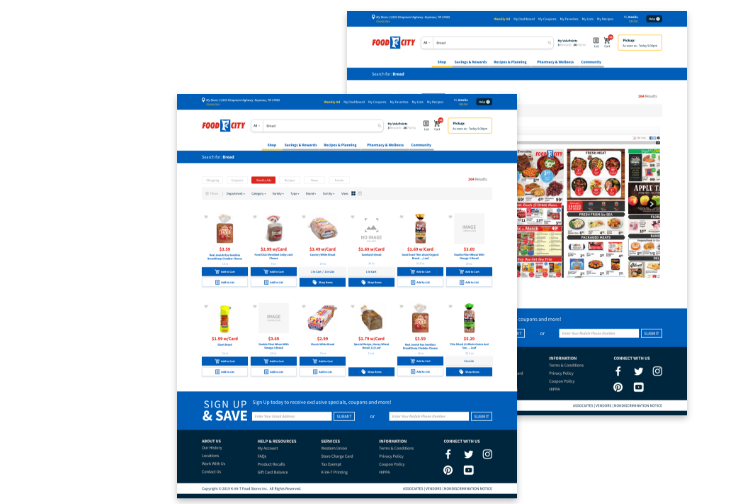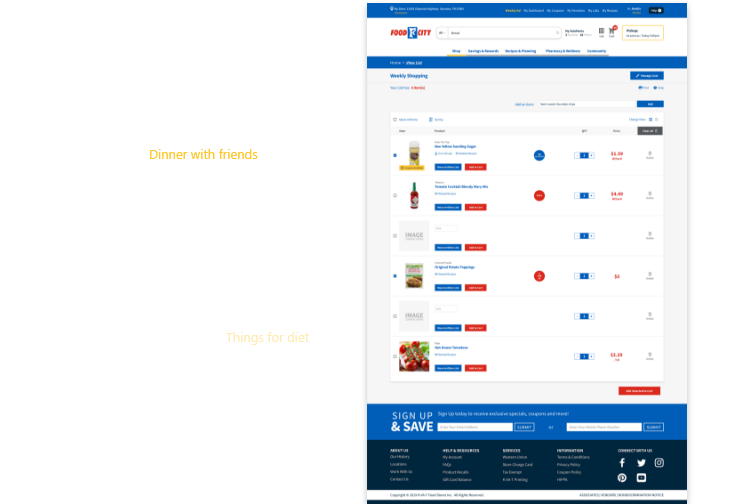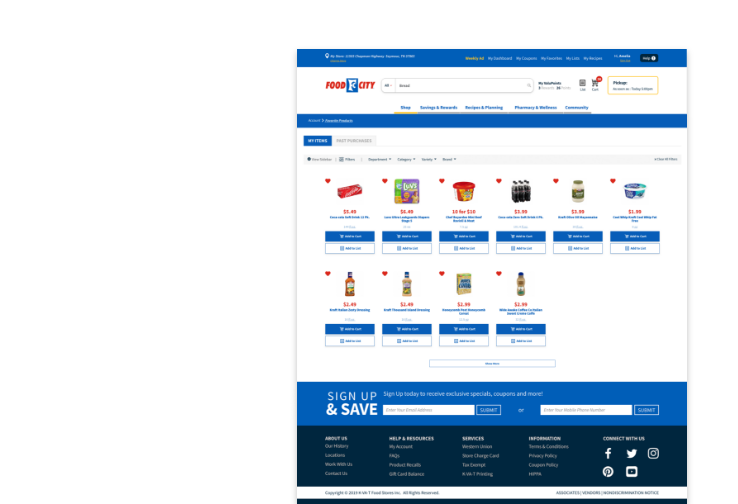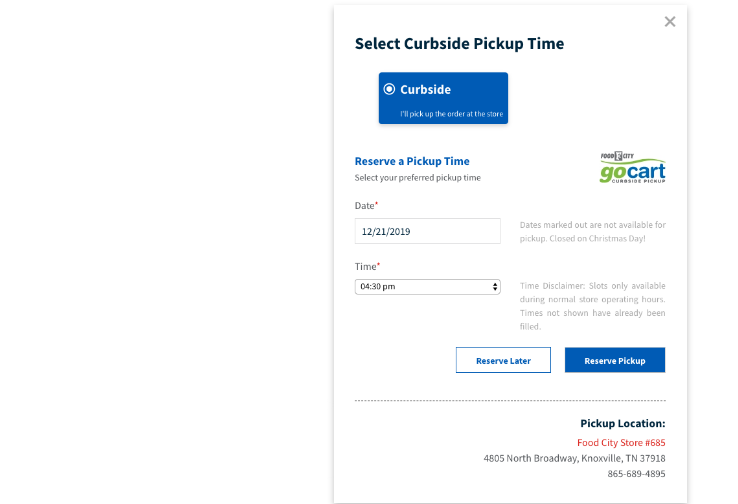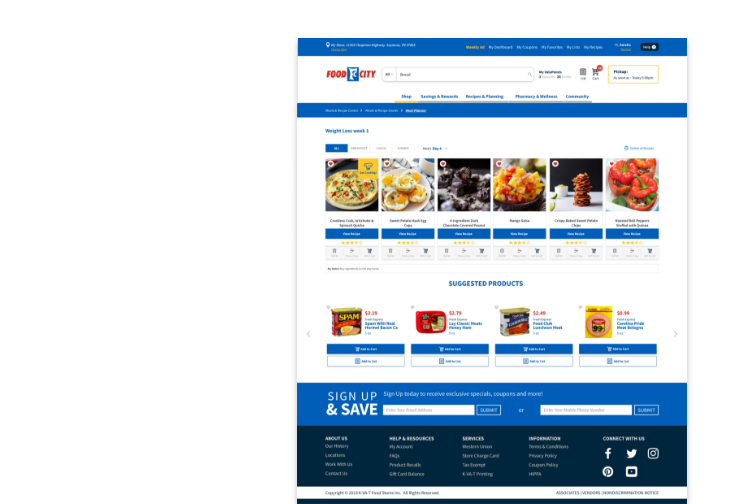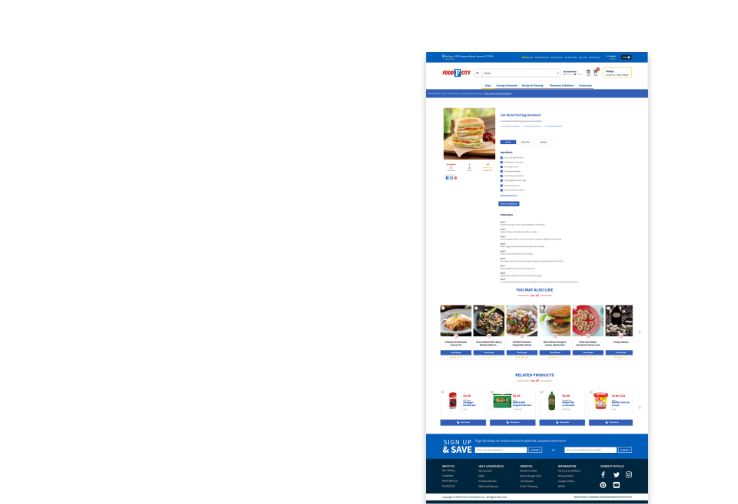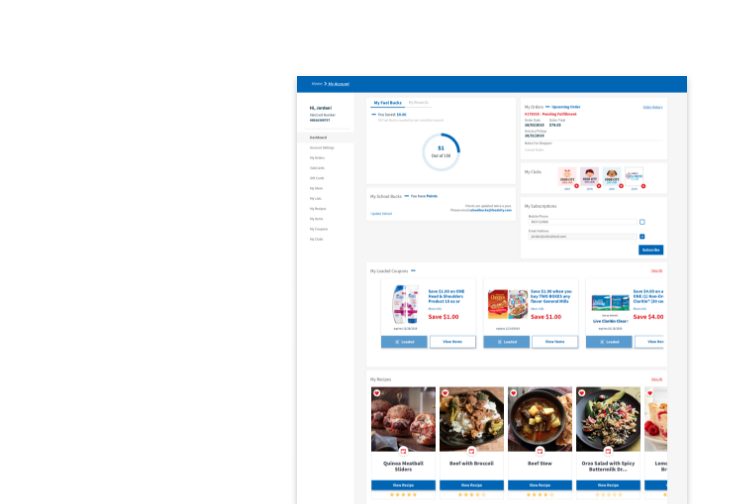
Wellness Club — Raising a Smart Snacker
Abingdon, VA. -
Sunday, Aug 1, 2021.
Written by: Elizabeth Hall, PhD, RDN, LDN, Food City Registered Dietitian
Does it seem like it's always snack time at your house? Snacking is common for adults and kids alike, and can be a healthy bridge to fuel the metabolism between meals. Unplanned grazing, however, can contribute to hunger and satiety issues and eating too many calories overall. Avoid the never-ending snack time, and focus on planned snacks at home and at after-school events with the following tips.
Snacking is a great way to help kids stay focused and energized throughout the school day and extracurricular activities. Plus, it’s another opportunity to eat important food groups that we often lack throughout the day like fruits, vegetables, whole grains, and dairy. Eating snacks can help you be more mindful at meals as well by keeping you from getting too hungry which can lead to eating past fullness.
Raise a smart snacker by discouraging mindless munching, and instead plan balanced snacks for your kids between meals. A good rule of thumb is to eat something every 3-4 hours to fuel the metabolism, which translates into about 6 small meals and snacks per day. Smaller children may need more eating opportunities throughout the day because their portions may be smaller. For adults, typically around 200 calories or less is adequate. Think of snacks as “mini-meals” that are balanced with at least two food groups, especially a lean protein and a high fiber carbohydrate.
If you are on a budget, which most of us are, you may want to purchase regular-sized containers of snack foods and portion them out yourself. Check the unit price of various containers to compare which is a better deal. Remember store brands are often even cheaper and they taste just as good! Some ideas include a homemade trail mix with nuts, dried fruit, whole-grain pretzels or cereal, fresh fruit with cheese and whole grain crackers, lunch meat and cheese roll-ups, cheese sticks, mini hummus cups and veggies, or even a yogurt parfait with fruit, nuts or granola. Just like you plan your meals, plan your snacks in advance, so that they are balanced and readily available when you need them.

